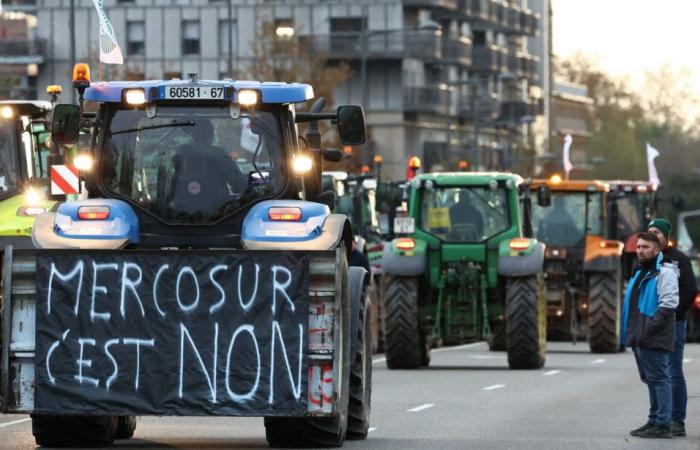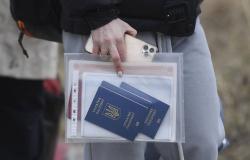
The G20 summit opened this Monday, November 18 in Rio de Janeiro, Brazil. Several political figures, including European Commission President Ursula von der Leyen, are pushing for the free trade agreement between the EU and Mercosur countries to be signed there. Conversely, France is trying to convince other countries to block the ratification process.
To prevent the agreement between the European Union and the Mercosur countries (Brazil, Argentina, Paraguay, Uruguay and Bolivia) from being signed, a blocking minority of just four member states would be enough. And this, regardless of the size of the countries or the percentage of the European population that they represent within the EU.
Until last year, France could count on the support of Austria, Ireland and the Netherlands. Even Germany, by abstaining, gave a little more weight to the opposing camp. But in almost a year, considerations have evolved. Berlin is now hit hard by its first wave of deindustrialization, Brussels is held by Beijing which is waging a major trade war across the entire European continent, and many people are worried about the extent to which the competitiveness of The EU is struggling against the Chinese and American giants.
READ ALSO: Mercosur: can France still cause the agreement to fail?
Result: last September, eleven member states sent a letter to the President of the European Commission, Ursula von der Leyen, to urge her to conclude the free trade agreement as quickly as possible. A barely veiled way of meaning that the European Union could regain its health by conquering a market which would cover 10% of the world population and 20% of the planet's GDP, while causing China to lose ground. Among them, Germany, but also Spain and Portugal or even part of the Baltic and Northern countries.
Procedural complexity
However, as the head of the European executive says so well, “ eleven is not fifteen “. Never shy of procedural complexity, the European Union distinguishes the rules for the adoption of a text from those for its rejection. Explanation: ratification of a treaty requires the agreement of 15 countries representing at least 65% of the population. But to block it, only the refusal of 4 countries is enough.
READ ALSO: Agriculture: how the EU Mercosur agreement risks burdening French farmers
France therefore still has a card to play since the challenge consists only of finding three other allies. Problem: following his various political setbacks on the national scene, his position in Brussels is very weakened. It is difficult for other member states to follow an ostracized France, especially on an issue as sensitive as that of Mercosur. Furthermore, even if Poland and Austria have expressed their opposition, if Italy declared on November 18 that the text was “unacceptable as it stands”, and if the Netherlands seems to hesitate, the pressure from their pro-Mercosur neighbors is very strong. Paris could therefore fight over the text to find a consensus in the EU Council and thus save face. But who would take the bait?
France





